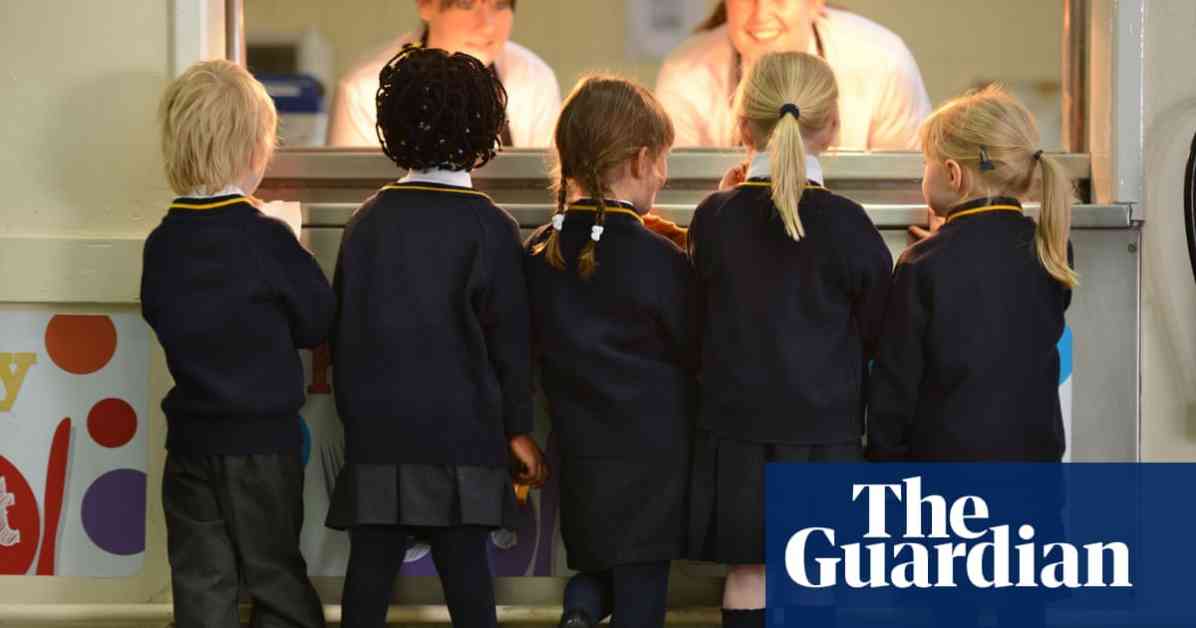Feeding 20,000 More Children: Free School Meals Auto-Enrolment Scheme
In a groundbreaking move to address child hunger, a new initiative has enabled 20,000 more children to access free school meals, saving families hundreds of pounds annually. This innovative “auto-enrolment” pilot project has been implemented in 20 local authorities across England, with another 40 authorities considering adopting this approach according to the University of York, which spearheaded the initiative.
Transforming Lives and Saving Money
The auto-enrolment scheme not only ensures that children from disadvantaged backgrounds receive the nutrition they need but also generates additional funds for schools. By automatically registering eligible pupils, schools can access pupil premium grants that provide financial support to cater to students facing disadvantages. This funding model allocates £1,455 per primary pupil and £1,035 per secondary pupil, benefiting both students and educational institutions.
Championing Nationwide Change
Labour MP Peter Lamb has taken a bold step by introducing a private member’s bill aimed at establishing a nationwide auto-enrolment system. The proposed legislation would streamline the process, requiring qualifying families to opt-out rather than opt-in, potentially reaching more families who are entitled to free school meals but have not applied.
Advocating for Universal Access
While eligibility for free school meals has reached a record high of 2.1 million pupils, there are still significant numbers of families who have not registered. Initiatives like the auto-enrolment scheme aim to simplify the process and ensure that all eligible children receive the support they need to thrive.
As we reflect on the impact of these initiatives, let’s consider the profound difference they make in the lives of children and families. Imagine a world where no child goes to school hungry, where educational opportunities are not hindered by financial constraints. Each small step towards universal access to free school meals brings us closer to a more equitable society, where every child has the chance to succeed. Let’s continue to support these efforts and advocate for positive change that benefits our most vulnerable populations.







